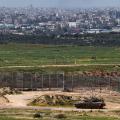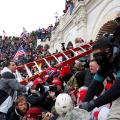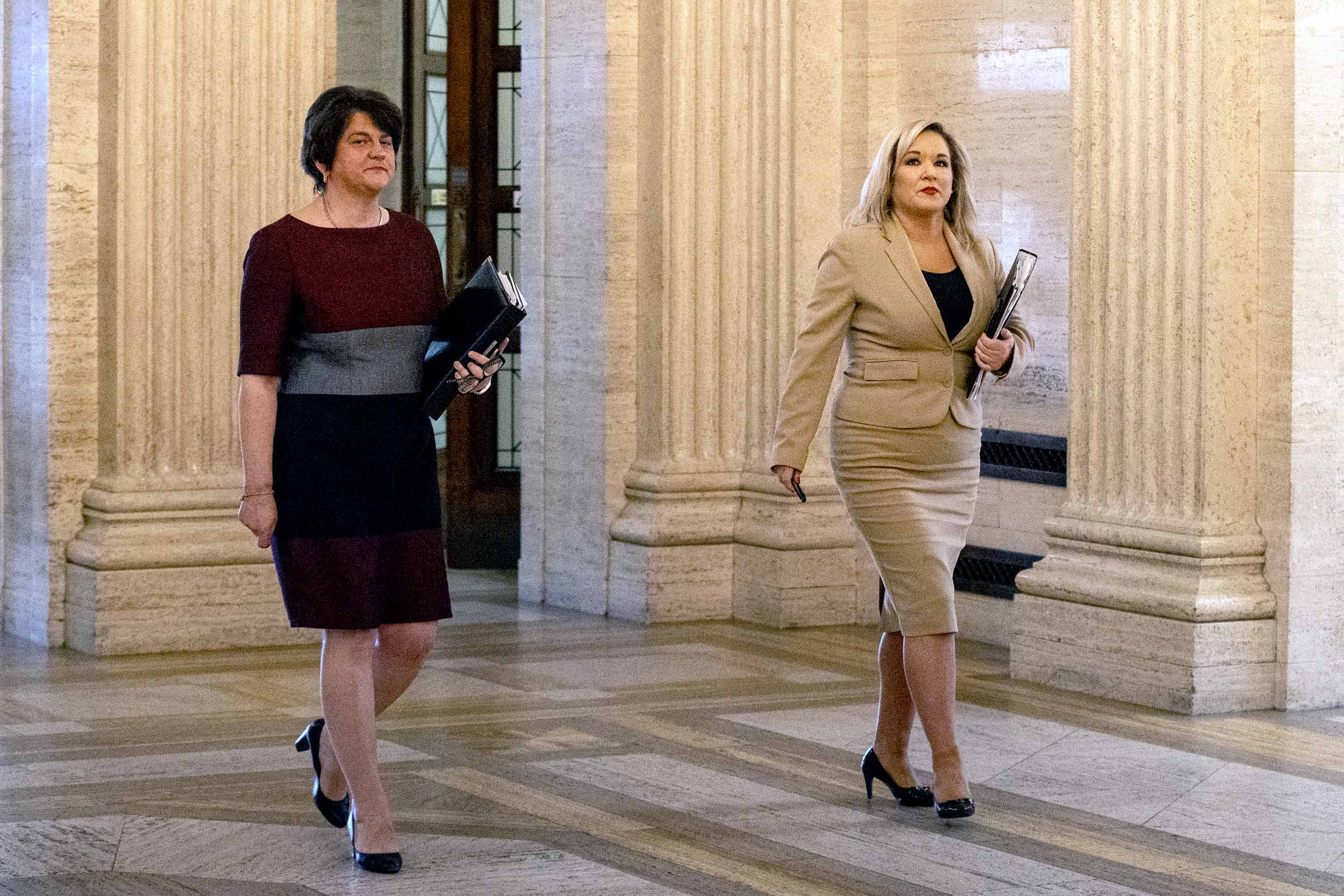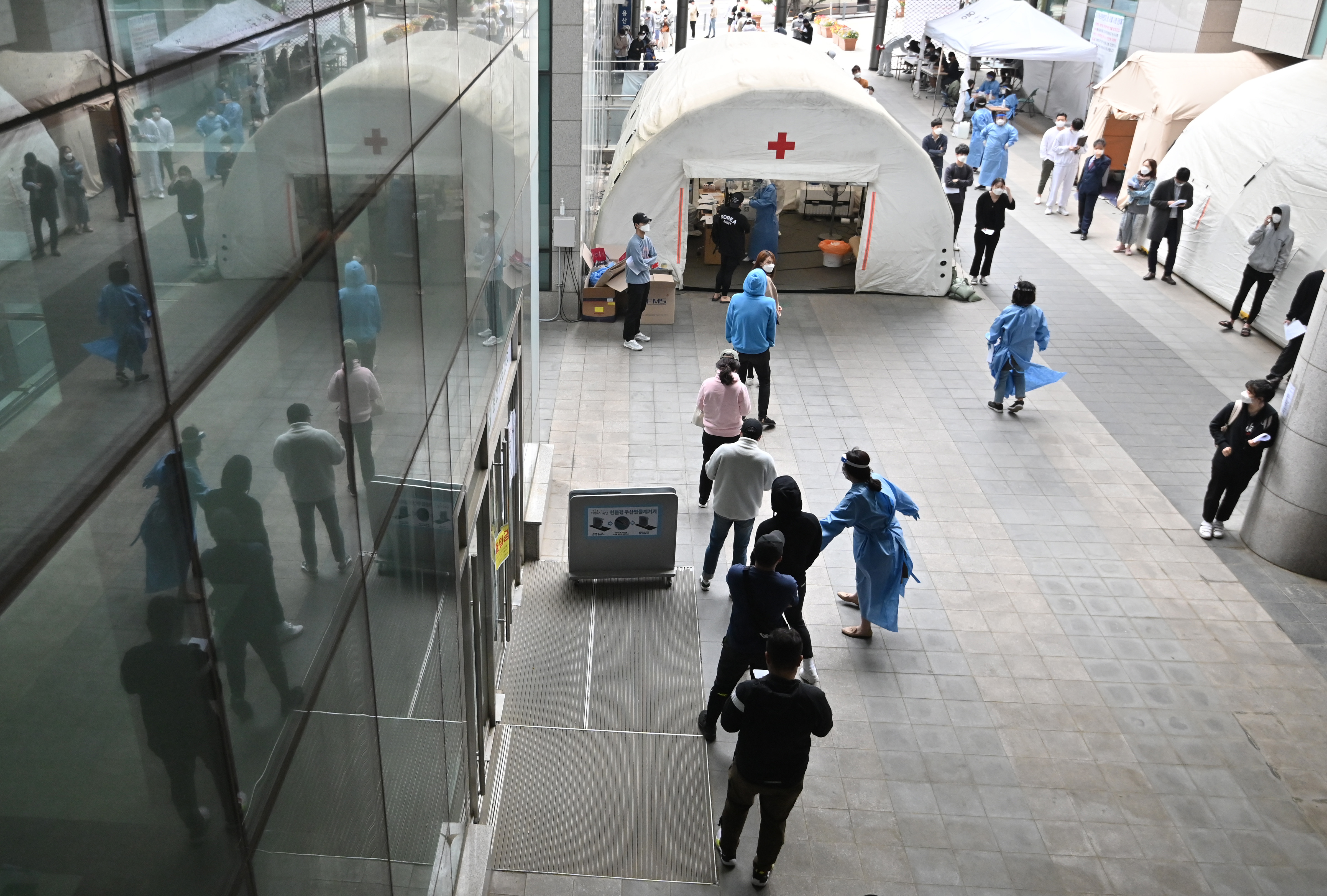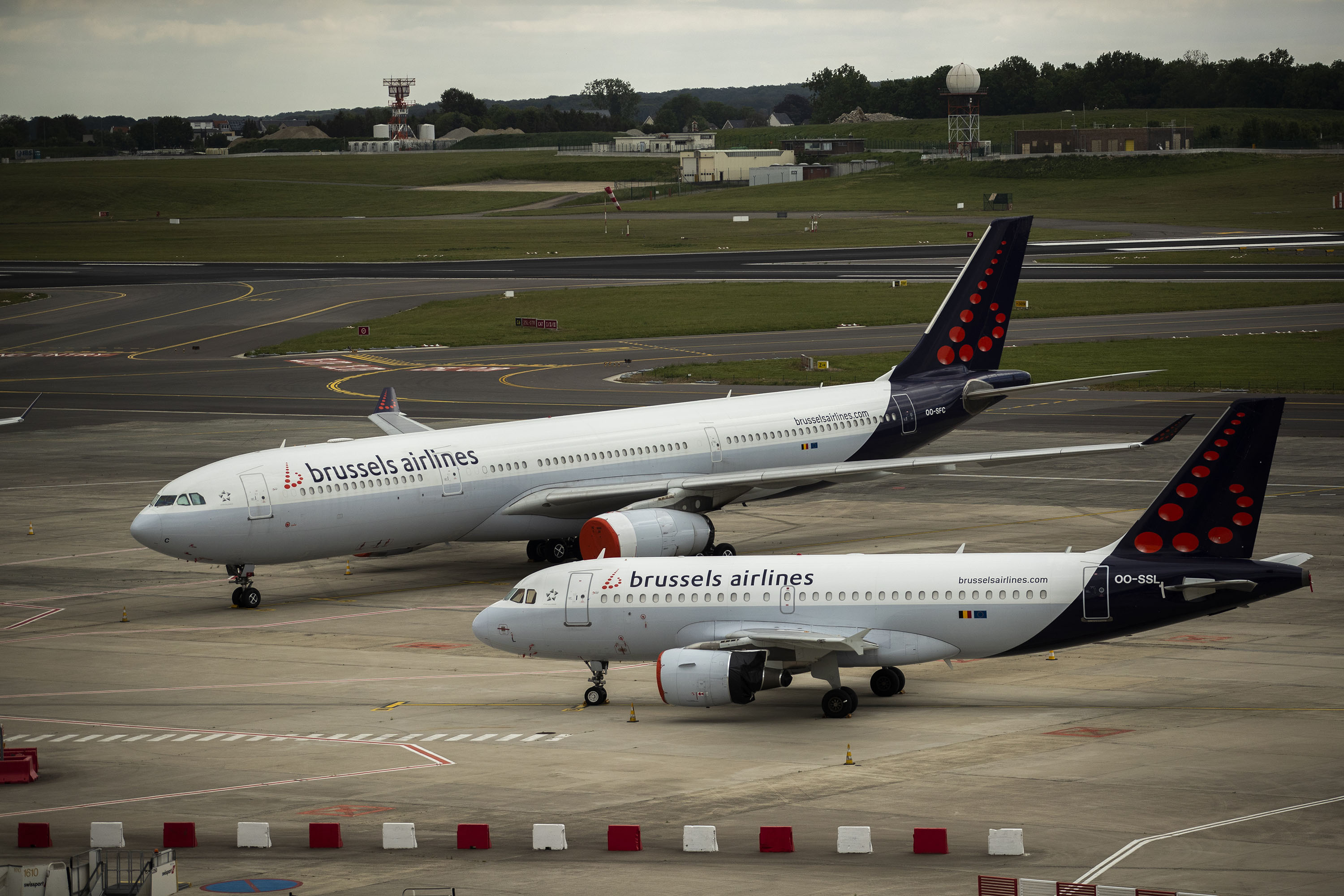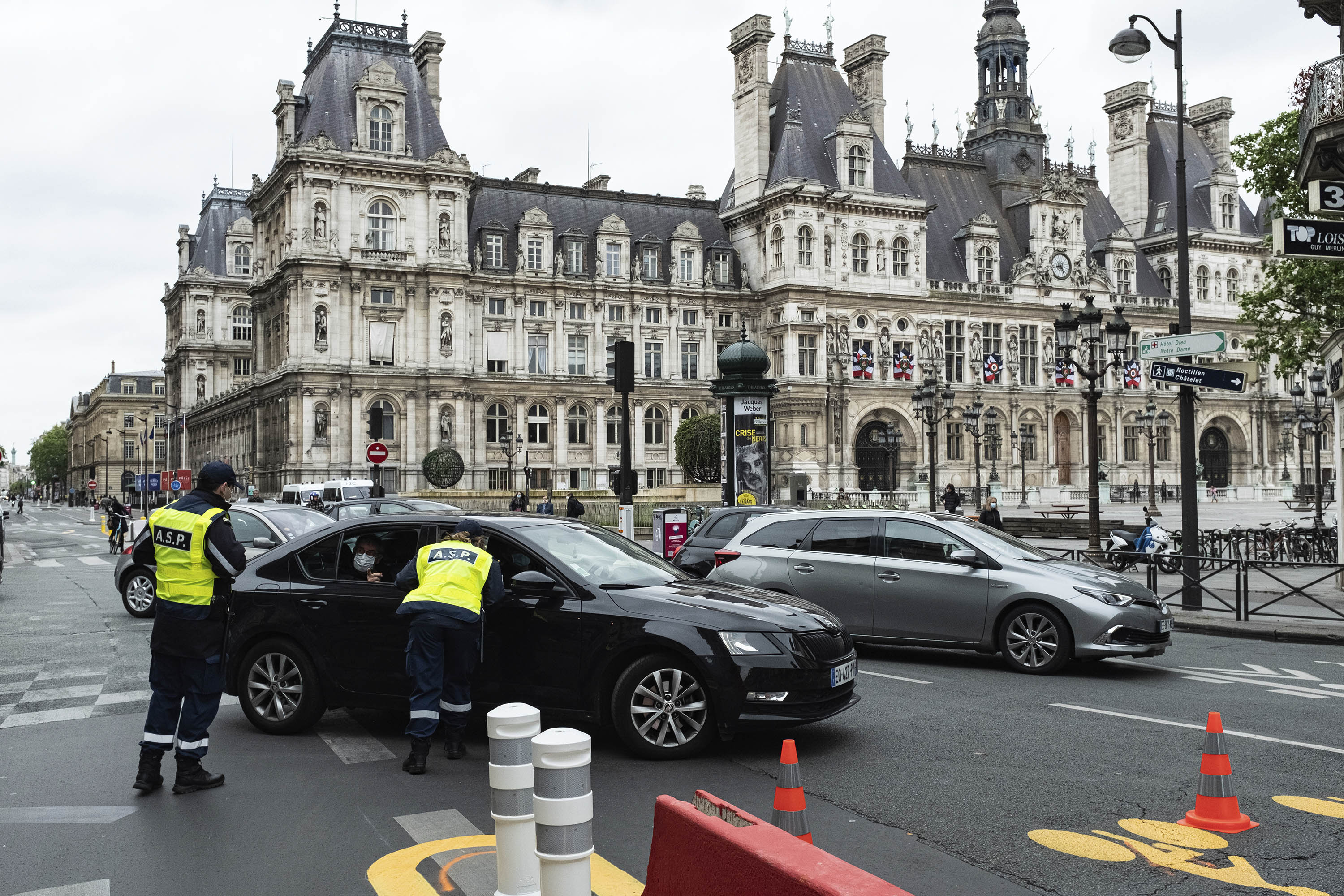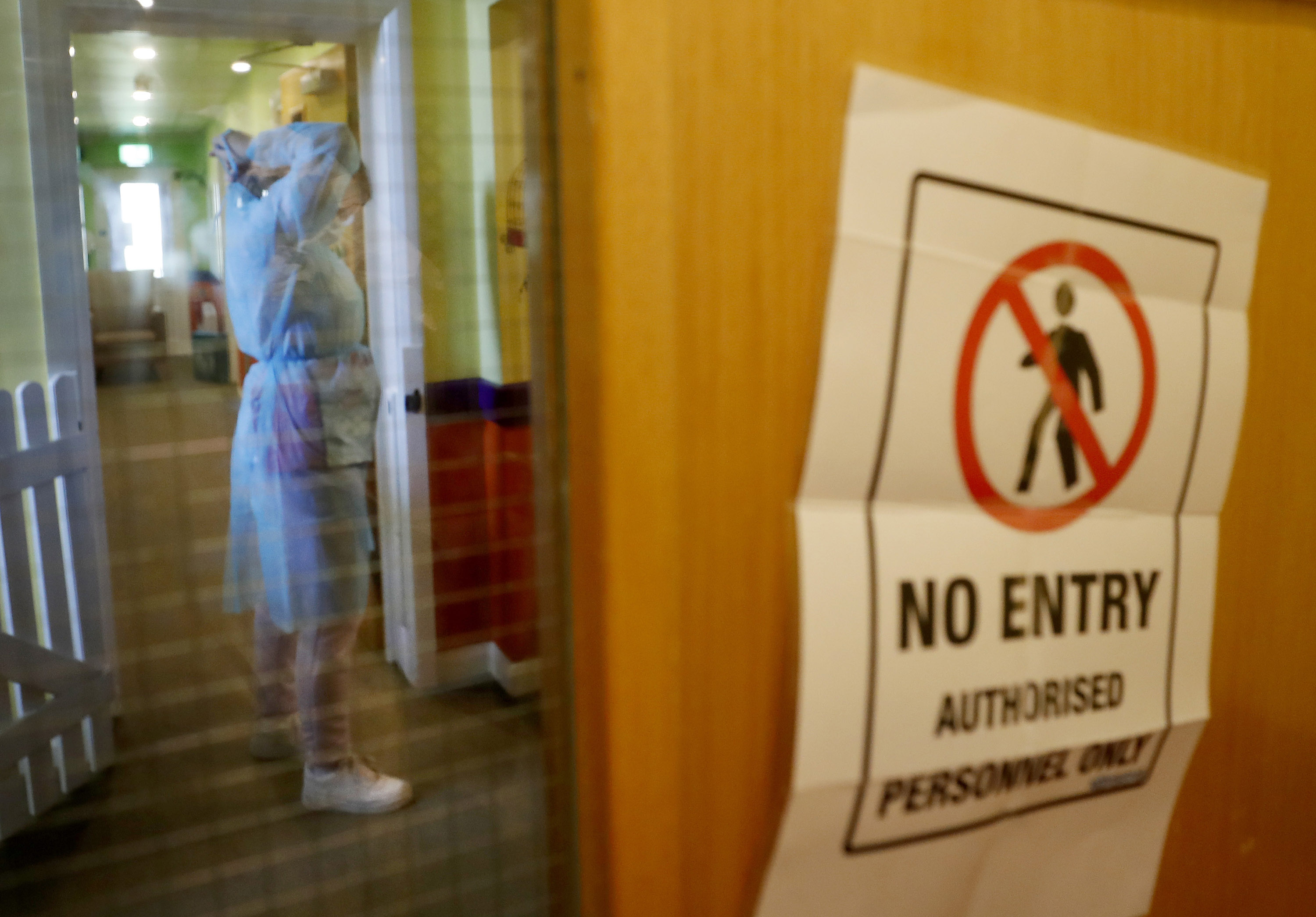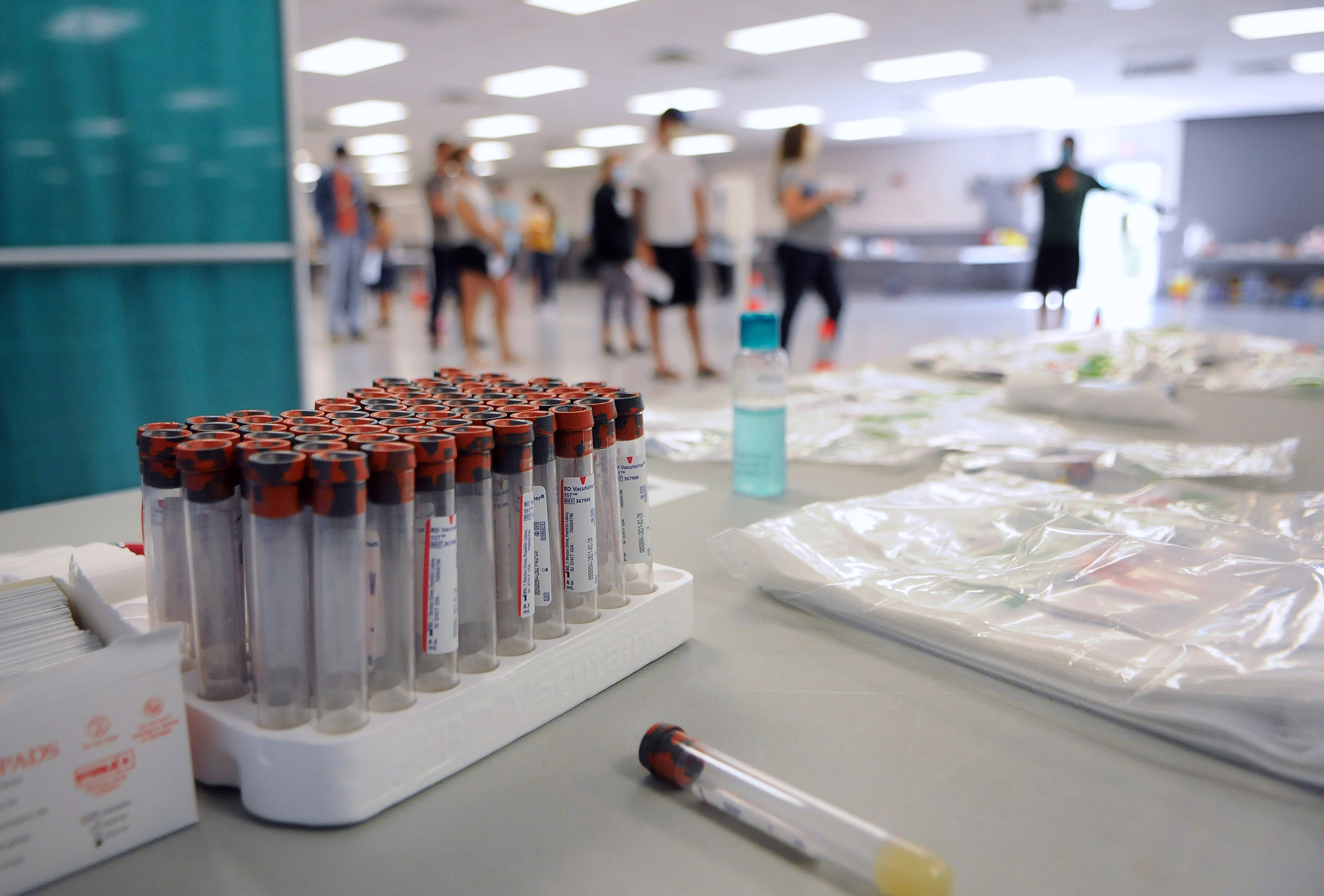
Dmitry Peskov, the spokesman for Russian President Vladimir Putin, told state-run news agency RIA Novosti that he has been hospitalized with coronavirus.
Putin has largely been working from a residence in the Moscow region via videoconferencing, with only a few in-person meetings.
Later on Tuesday, Peskov told the TASS news agency that the last time he had seen the President in person was "over a month ago."
Three Russian ministers have previously tested positive for coronavirus, including Prime Minister Mikhail Mishustin, who is still in hospital, as well as Minister of Culture Olga Lyubimova and Minister of Housing Vladimir Yakushev.
Russia has struggled to contain the outbreak of the coronavirus and now has more confirmed cases -- 232,000 -- than anywhere in the world outside of the United States, according to Johns Hopkins University figures.
While the country's official death toll is relatively low, with more than 2,000 fatalities reported, some critics and experts say the figure is almost certainly underestimated.
Moscow's mortality rate surged by 18% in April compared to the same month last year, as well as compared to the April average for the past decade, according to data released by the city’s civil register office.
Peskov's announcement came hours after a fire at a hospital in Russia left at least five coronavirus patients dead.
The fire broke out on the sixth floor of an intensive care unit at the St. George Hospital in St. Petersburg, killing five patients connected to ventilating equipment, TASS reported, citing medical personnel.
According to initial findings, the fire may have been caused by a short circuit in a ventilator or its malfunction, state news agencies said.


